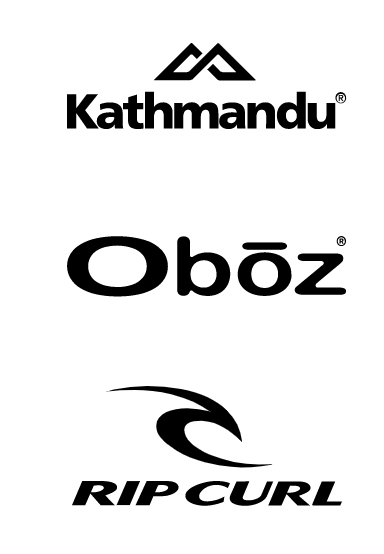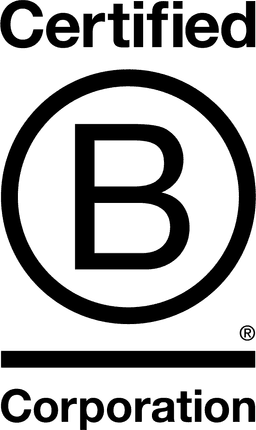

KMD Brands Limited

1.6
Canterbury Region, New Zealand
August 2019
Apparel
Wholesale/Retail
Australia,
Brazil,
Canada,
France,
Germany,
Indonesia,
Japan,
New Zealand,
Portugal,
Spain,
Sweden,
Thailand,
United Kingdom,
United States
KMD Brands is a global outdoor, lifestyle and sports company, consisting of three iconic brands: Kathmandu, Rip Curl and Oboz. Kathmandu was founded in 1987 in New Zealand and specialises in quality clothing and equipment for travel and adventure. Oboz, which became part of the group in 2018, is based in North America and designs ‘True to the Trail’ outdoor footwear to help people explore the wilderness. Rip Curl, acquired in 2019, is a leading global surf brand born in Bells Beach, Australia in 1969. With a shared focus on expertly designed, technical and sustainable products, all three brands are distributed through wholesale, retail and digital channels.